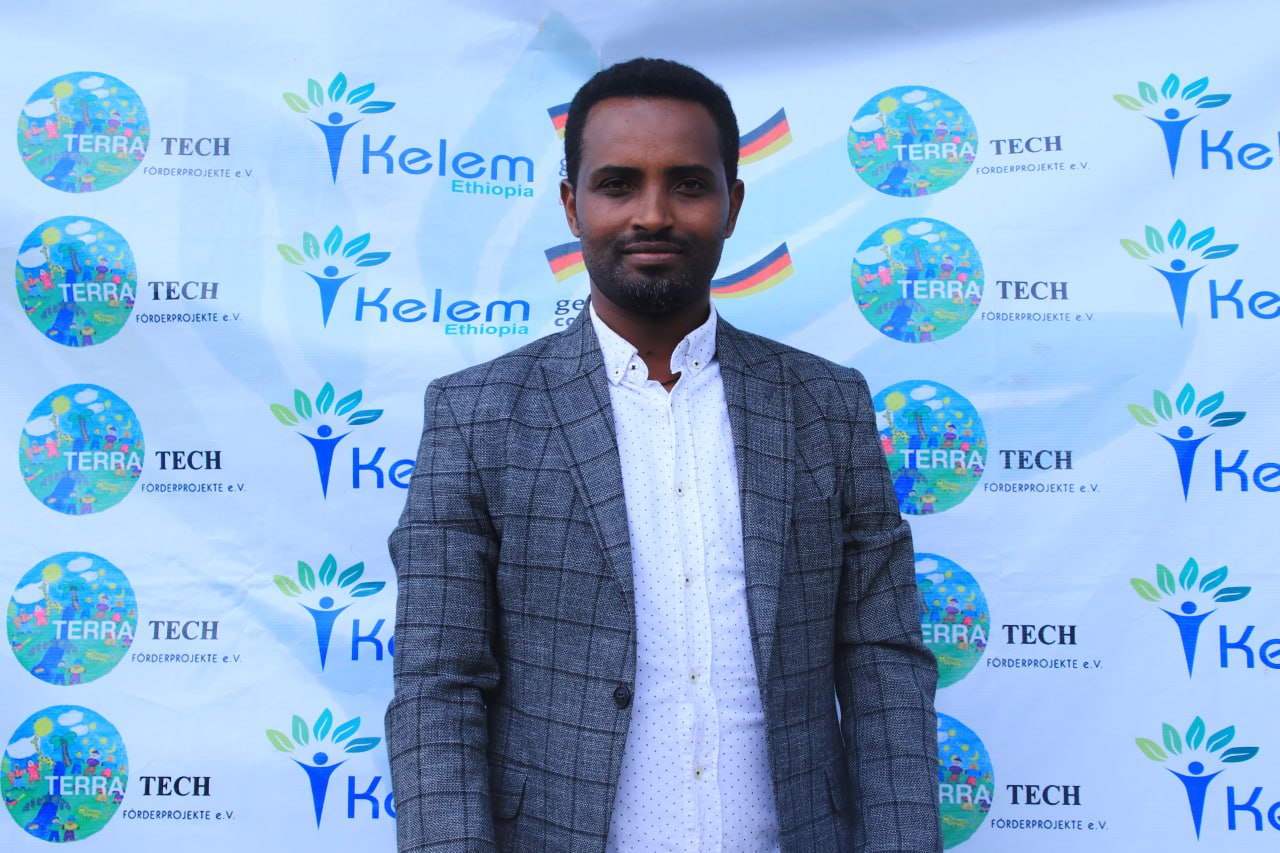Gender-Based Violence (GBV) continues to be a critical issue in Ethiopia, with survivors often suffering in silence due to fear, stigma, and lack of support. In Kombolcha and Kalu Woreda, however, significant steps are being taken by Kelem Ethiopia to change that reality.
Unreported, But Not Unseen
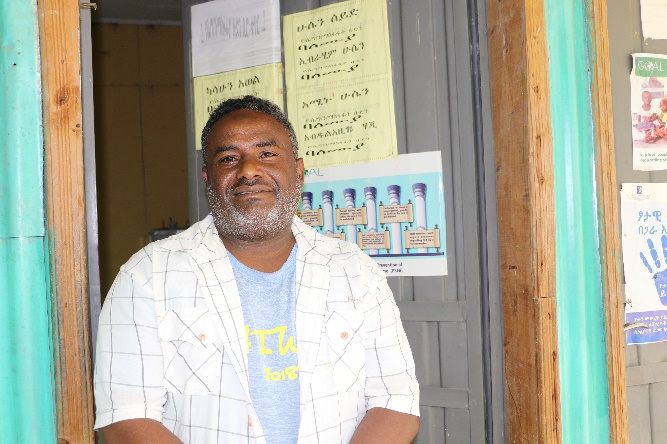
According to Kasahun Awol, Head of the Women’s Awareness and Campaign Team in Kalu Woreda women affairs office, survivors of GBV had historically received limited support from government systems. Many cases—especially those involving minors—were silenced through family-level negotiations, while survivors faced shame and psychological trauma. The most disturbing reality is that perpetrators are often trusted individuals: family members, neighbors, or close acquaintances.
The Lasting Impact of Rape
Survivors report deep psychological wounds: depression, suicide attempts, isolation, and mistrust—particularly toward men. Many refuse to enter safe houses due to fear and shame. The social consequences are severe—ranging from divorce and economic instability to forced migration.
Kasahun recounted several harrowing cases, including the rape of two children aged 10 and 8 by a 55-year-old man, and a pregnant woman who was raped during the northern conflict and subsequently divorced and displaced due to community backlash. In another case, an HIV-positive man raped a 12-year-old child. The trauma, fear of HIV, and community stigma continue to haunt survivors.
Partnership with EWLA
Kelem Ethiopia, in partnership with the Ethiopian Women Lawyers Association (EWLA), has played a transformative role in prevention, protection, and response to GBV survivors of 10 Kebeles found in Kombolcha and Kalu Woreda. Through its GBV Prevention and Response project, Kelem trained legal professionals, health workers, community dialogue facilitators, and school club leaders.
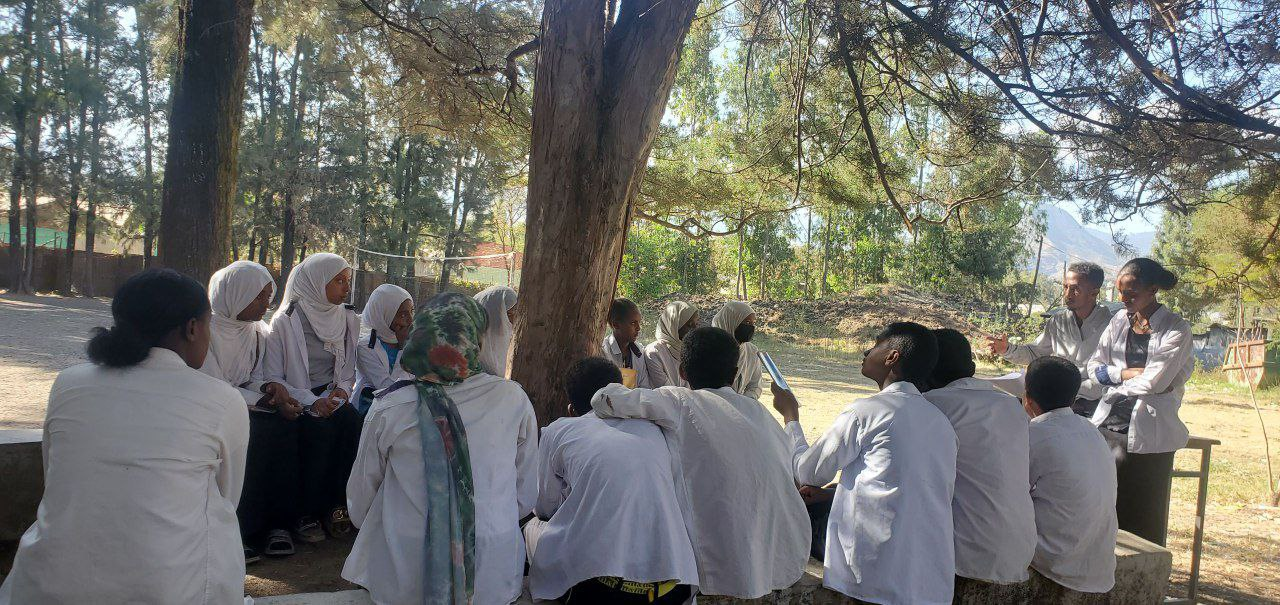
The training contributed to streamlining the legal system by establishing systematic referral linkages, strengthening efforts toward legal enforcement, and ensuring legal protection and psychosocial support for GBV survivors.
Community Conversations: A Powerful Tool to Prevent Gender-Based Violence
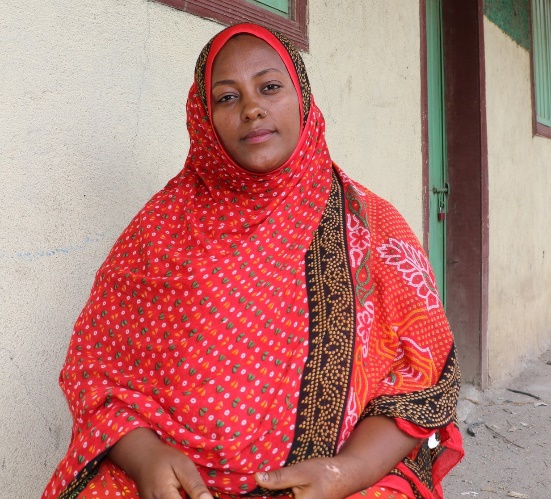
As part of the project, community dialogue facilitators like Ferdews Ahmed in Qedida Kebele 07, Kalu Woreda, received training and led local discussions. Ferdews facilitated a session attended by 30 women, followed by informal tea and coffee gatherings that encouraged open dialogue about vulnerability and violence.
“Many women participated with great enthusiasm and excitement,” Ferdews shared. These conversations have already led to increased trust in the legal system and a rise in reported cases.Over the course of four months, facilitators engaged more than 1,200 community members every two weeks.
According to Selam Mekonnen, Project Officer for GBV Prevention and Response at Kelem Ethiopia, approximately 60 cases of violence have been reported and referred to justice as a result.
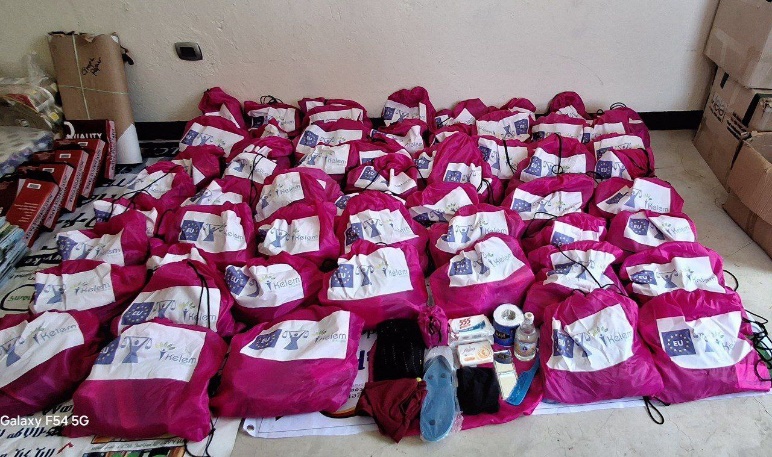
Selam emphasized that healing from violence is a long journey. However, consistent community engagement has already led to increased case reporting and trust in justice systems. Survivors have received dignity kits, clothing, transport allowances, and referral support to one-stop centers that offer legal and psychological aid.
To strengthen the campaign, Kelem also trained girls’ clubs in schools. Public awareness has been boosted through forum dramas and radio programs, reaching over 100,000 listeners.
Justice and Healing on the Rise
Encouragingly, progress is being made in Kalu Woreda. According to Kasahun, in the third quarter of the year, reported rape cases tripled from the usual 3–4 to 10. Legal action has also improved. For example, a man who raped a 7-year-old was sentenced to 17 years in prison, and another man who raped a 12-year-old received a 14-year sentence. Kasahun noted that nearly all reported cases involving victims under 18 have now reached favorable legal outcomes.
Safe Houses and Survivor Support
A safe house has been established in the Woreda, providing food, shelter, psychosocial support, and skills training for survivors. So far, 58 survivors—17 women and 13 children—have received care. Survivors are supported until legal proceedings are complete. Some, like one woman who trained for five months in a vocational program, have gone on to rebuild their lives and start small businesses with startup grants.
Call for Sustainability
Kasahun and Selam both stressed the need for sustainable interventions. Economic empowerment for survivors, expansion of school and kebele-level outreach, and continued collaboration with legal institutions are key priorities moving forward.
“Kelem Ethiopia’s holistic approach—focusing on prevention, legal response, and survivor support—is changing lives. But the growing number of cases means the work must continue and expand,” said Kasahun.
📢 Together, we can build a safer and more just society!!
Author – Hassina Ousman


